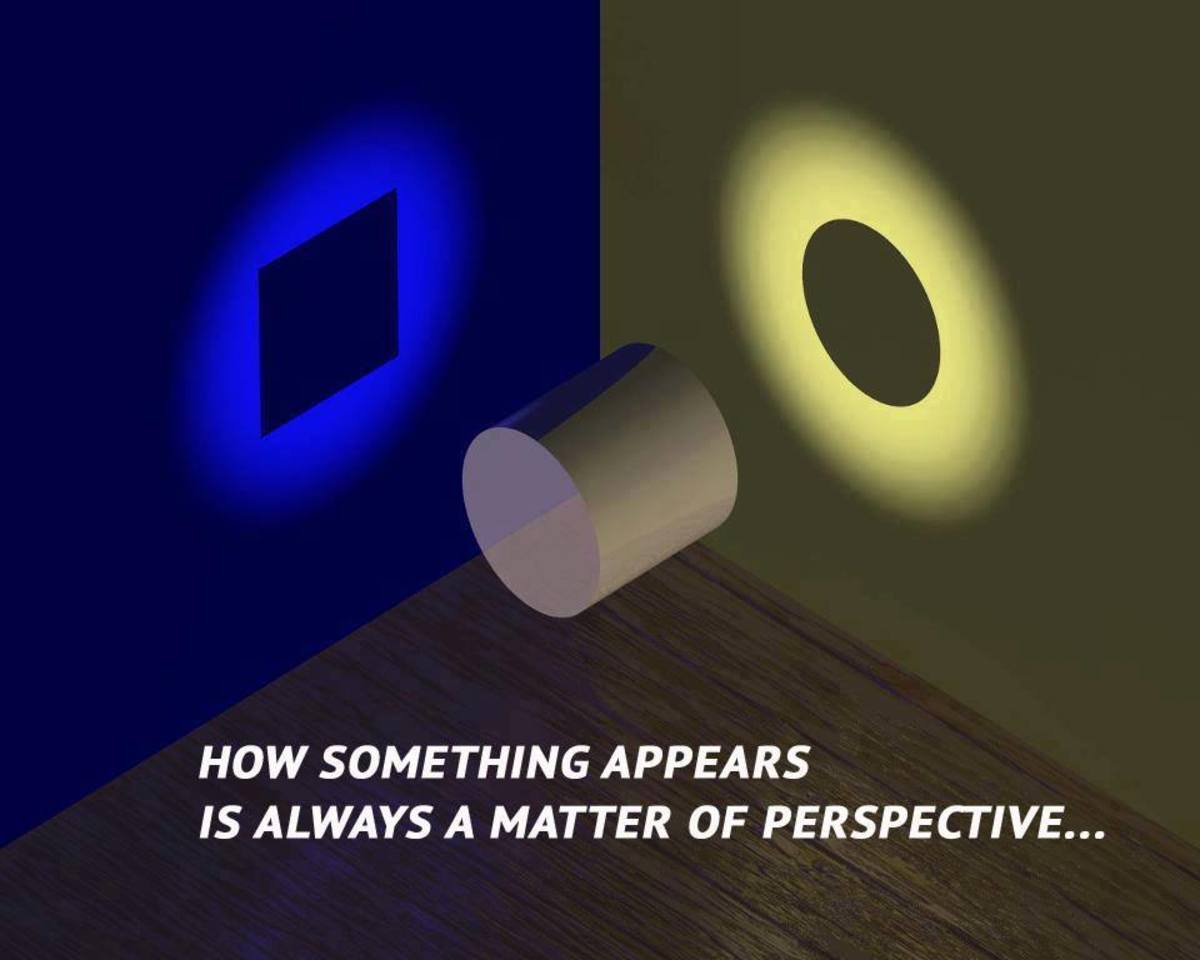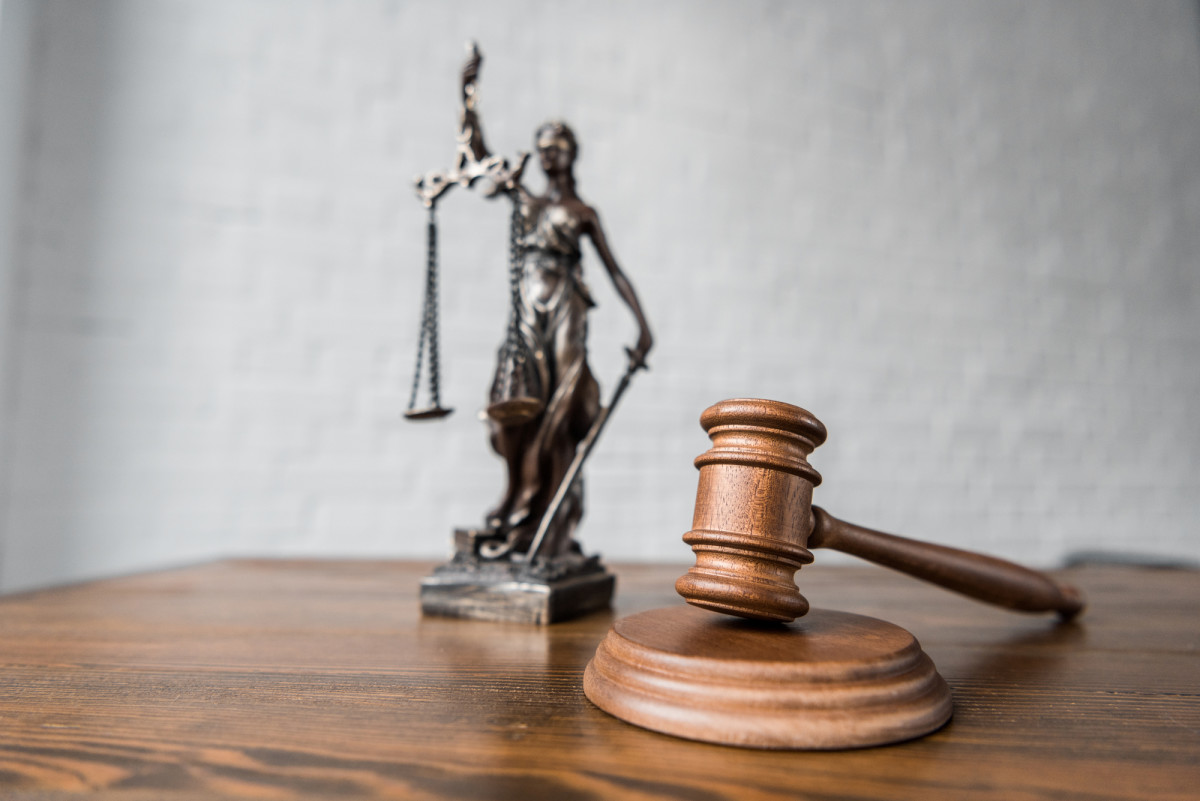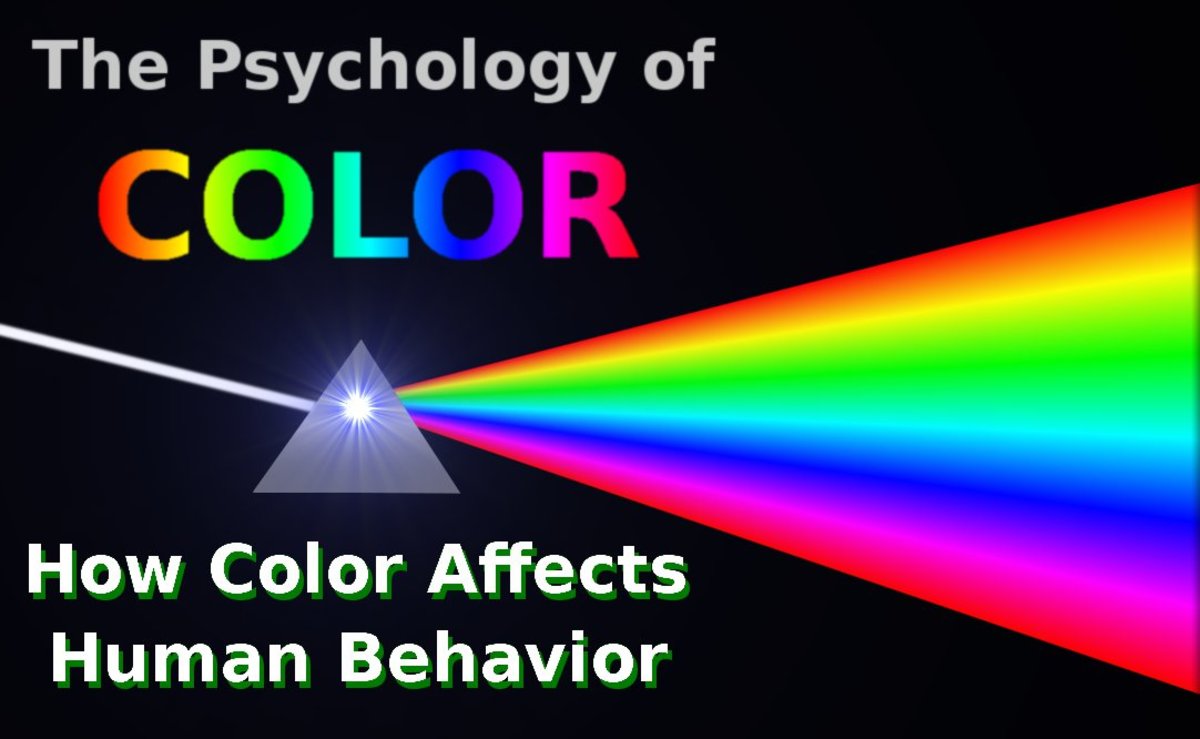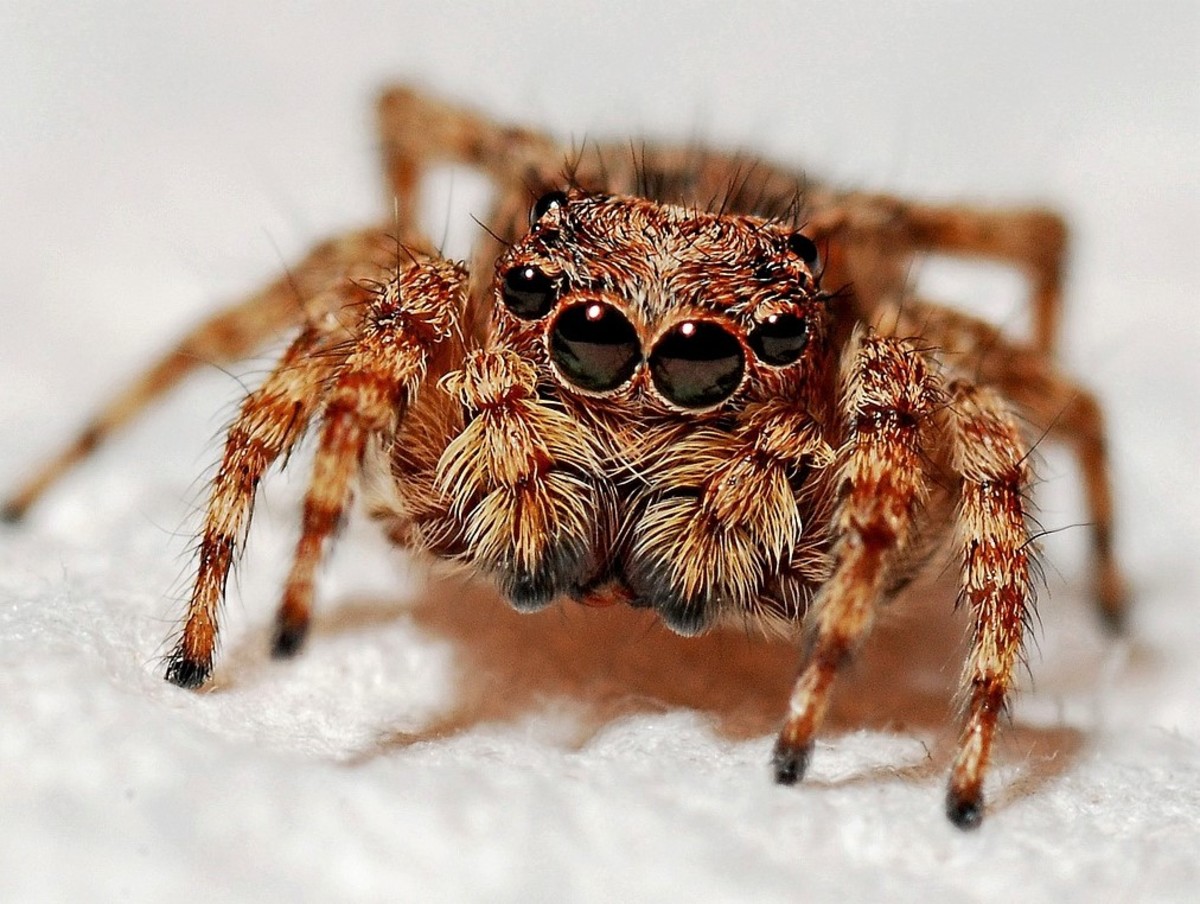- HubPages»
- Health»
- Mental Health»
- Mental Health Self-Help
How to Stop Being Self-Conscious: 5 Steps to Curing Your Anxiety Over How Others See You

Why Am I So Self-Conscious?
Most people struggle with how to stop being self-conscious, especially younger folks. It's a compulsion, a mental habit that's very hard to break.
Self-consciousness always makes interactions with people more difficult. Ironically, we're usually most self-conscious when we're worried that we'll "mess up," and this actually makes it more likely that things will go wrong.
What is self-consciousness, though? It's basically when you can't stop judging yourself about what you're doing or how you look in the moment. Even when you're talking to someone and you should be aware of the content of the conversation, you can't help but keep focusing on your own self-image.
"Am I saying the wrong thing?"
"Does this hat look stupid on me? Oh God, it does look stupid. Why did I wear it?"
"What am I supposed to do with my hands? Should I put them in my pockets?"
"Do I have a funny walk? I shouldn't have worn these pants."
...and so on. You get the idea.
As people grow older, usually they get less self-conscious, but not always--and for most people, it never goes away completely.
So is it a lost cause? Are you doomed to be self-conscious forever?
Not at all. You can free yourself from this mental block, or at least reduce it greatly.
Here are some steps you can take to become less self-conscious:
1) Recognize That the Problem is Not External
The first major step to getting over your self-consciousness is to realize that your problem is not external. There is nothing you can physically do to yourself to make yourself less self-conscious.
Understandably, many people respond to their own self-consciousness by trying to change something about themselves. Let's say you're starting to go bald--maybe you'll start obsessing about finding the right flattering haircut.
Similarly, if you're overweight and you feel self-conscious about that, you might take hundreds of selfies at "thinning" angles and post them on social media to make yourself feel better. Maybe the "likes" are validating.
Maybe you've been in a similar situation when it comes to your appearance. Maybe you tried to find some kind of physical, external solution like this.
How well did that work, though? Did you get over your self-consciousness?
Probably not. Not matter how flattering your haircut, the haircut will only cover up the fact that you feel self-conscious that you're balding. Your baggy shirt will only cover up the fact that it bothers you if people see that you have a pot belly. Stuffing your pants or bra with socks will only temporarily distract you from the fact that you feel badly-endowed.
There's nothing inherently wrong with doing these things; just don't expect them to give you any long-term relief. If anything, they might make you more self-conscious in the long run, because they discourage you from getting over it.
These are band-aid solutions. They will never address the core issue.

2) Realize That You Judge Yourself More Than Anyone Else
The basic cause of self-consciousness is usually an unhealthy preoccupation with how other people see you. You may deny that you care what people think, but if you are self-conscious, then you definitely do to some extent. You are not alone; most people do.
Being aware of the fact that you are worried about other people's judgement is the first step in addressing it. Admit it to yourself. If you're worried about how messy your hair is and you want to make sure that you look stunning in public, you are not doing this "for yourself."
You are fixating on how other people see you when you do this. The thing is, though, that most people don't see you.
Most people in the world don't notice you or care who you are. Your harshest critic is almost always going to be yourself. You are simply not important enough to most people for them to bother with you.
Even if someone judges you for the way you act or look, chances are that they will just forget about it tomorrow.
How to Stop Being Self-Conscious: Your Techniques
How do you stop yourself from feeling self-consciousness in the moment?
3) Notice When You Are Judging Yourself
You may intellectually understand the first two tips above, but internalizing them is a different matter altogether. You have certain mental habits that make you self-conscious, and no amount of logic will talk you out of them.
In fact, your conscious mind probably already know that you shouldn't judge yourself. That's not enough, though. Your subconscious mind must know it, too.
The only way that you can train your subconscious mind to automatically stop judging your self-image is to become more aware of when you do it.
Weirdly enough, you must become more self-conscious at first in order to become less self-conscious. You have to be conscious of your own thoughts. Every time you judge yourself pointlessly, catch the thought and ponder it for a moment. Trace it back to the source.
For example, let's say you're at a party and you stop by the bathroom and look in the mirror. You think to yourself:
"God, I have the longest nose hair in the universe hanging out of my nostril. Why didn't I see it at home? What do I do? I have nothing to cut it with. How many people have seen me like this? It's so huge and obvious!"
You try to get a good grip on it to yank it out, but you can't without tweezers; your fingers are too fat.
Now as you leave the bathroom and people start talking to you, you feel a little weird talking back to them. The wind that comes out of your mouth blows the nose hair around and you can feel it whipping back and forth, tickling your upper lip.
Every once in awhile, you see people's eyes diverge to the nose hair. You're sure that they've seen it.
Then, you catch yourself. You realize your pattern of thinking. You say to yourself:
"I'm being self-conscious right now, aren't I?"
Curious, you watch how your mind panics about how you look.
"But...it's just a nose hair. It's a tiny little strand. Even people notice it, so what? Are they going to hang me upside down and torture me because my nose hair is long?"
You realize how silly you're being and in due time you start enjoying the conversations again.
Eventually, someone offers you tweezers.
As you might imagine, it can be difficult to stay aware enough to catch yourself in these compulsive thoughts at first. It becomes easier and easier while you practice, though.
One way to keep yourself aware is to set the intention first thing in the morning, every morning, to watch your thoughts and where they are coming from. Do this until it becomes second-nature.

4) Ditch Judgmental Friends
A lot of the time, our environment can encourage us to be self-conscious. If people are very judgmental about your appearance and other silly things, then you are bound to pick up the habit of judging yourself as well.
Do you friends make fun of the way people look? Do they scoff at people who wear their hair a certain way or who buy certain clothes? Do they consider some people low class because of their possessions or where they live?
Get better friends.
True friends don't encourage you to feel self-conscious; instead, they accept you exactly the way you are. Though this kind of acceptance alone won't make you stop judging yourself, it can definitely help push you in the right direction.
5) Expose Yourself
Now, this can be figurative or literal. The idea is that you want to expose your true self and your insecurities. Only facing your fear of being judged will ultimately make you less self-conscious.
So, for example, if you're an artist, but never show anyone your work because you're afraid they will think it's dumb, then showing people is exactly what you need to do.
If you think you are too lumpy and you feel self-conscious showing your body at the beach, visit a nudist colony.
The best way to feel comfortable enough to get over your self-consciousness is to practice the very thing that makes you feel most self-conscious. Once you see that it's not that big of a deal, you'll feel a surge of courage.
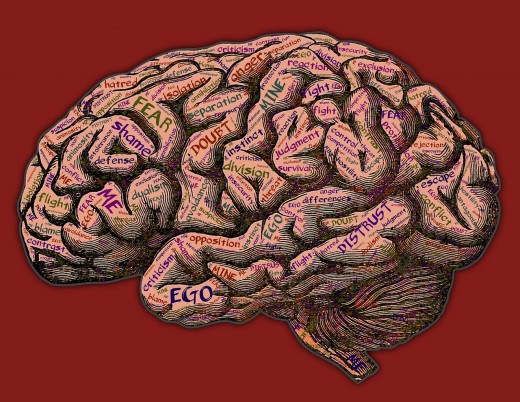
Realize Your Ego is Getting in the Way
One last thing.
Let's talk about how you can also attack this problem at a deeper level, though it's beyond the scope of this article: The less you identify with your ego, the less negative self-consciousness you will feel.
This is because there would be less of a "self" to have intrusive thoughts about. This may not seem to make sense at first, but think of it this way: If you are free from an identity, or from seeing yourself as some external form that other people (including yourself) can judge and criticize, then there's nothing to be anxious about.
If you don't identify with the external "you" (your body, your personality, your thoughts), then when people see you with a crappy haircut or say that you're uncool, they're not actually judging the real you. The real you is something completely different. As a consequence, you just won't care how people view you.
Reducing your ego (your identification with your external self) is a vast topic that has been studied for thousands of years, though, and it affects your life beyond just your awkward self-consciousness. Still, keep this deeper aspect of the problem in mind; it really is the core of the issue.
Good luck.
The Extent of the Problem
How much of a problem is self-consciousness in your life?
© 2017 Jorge Vamos



